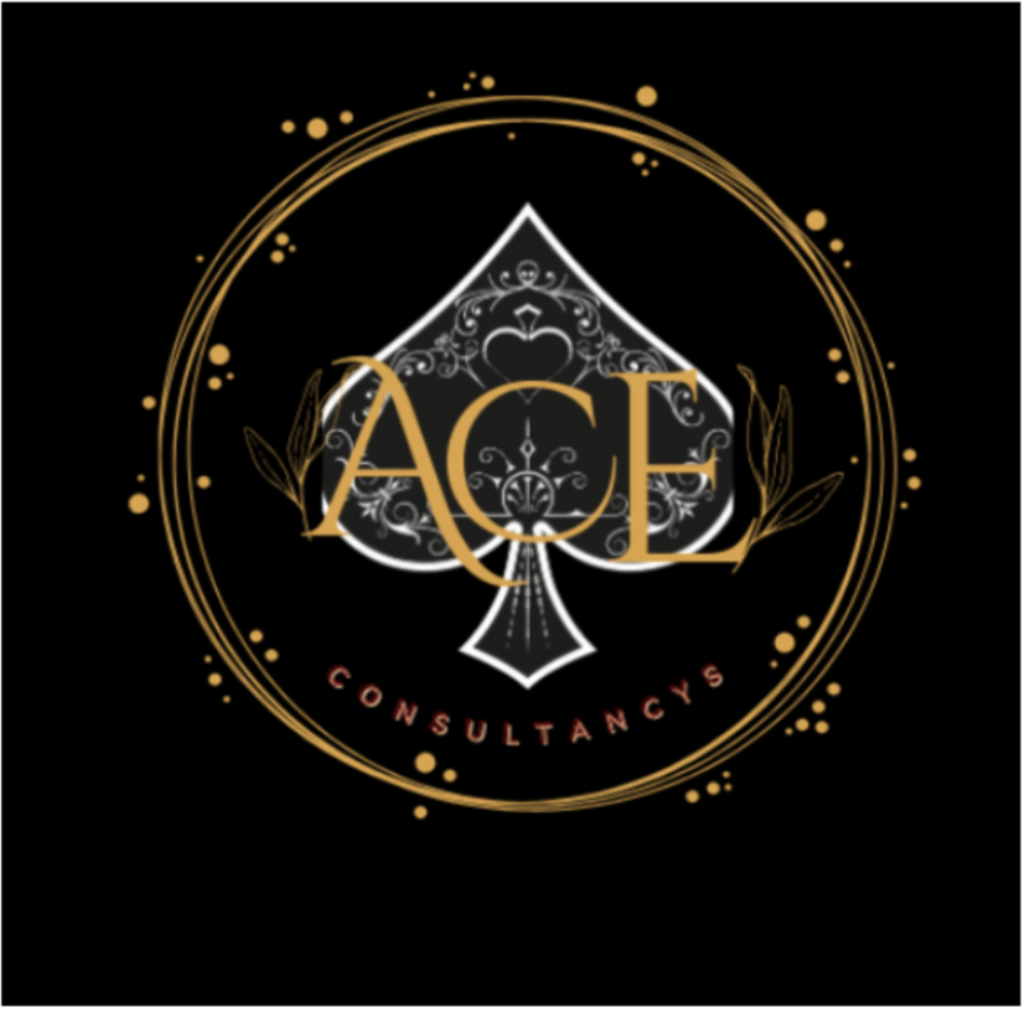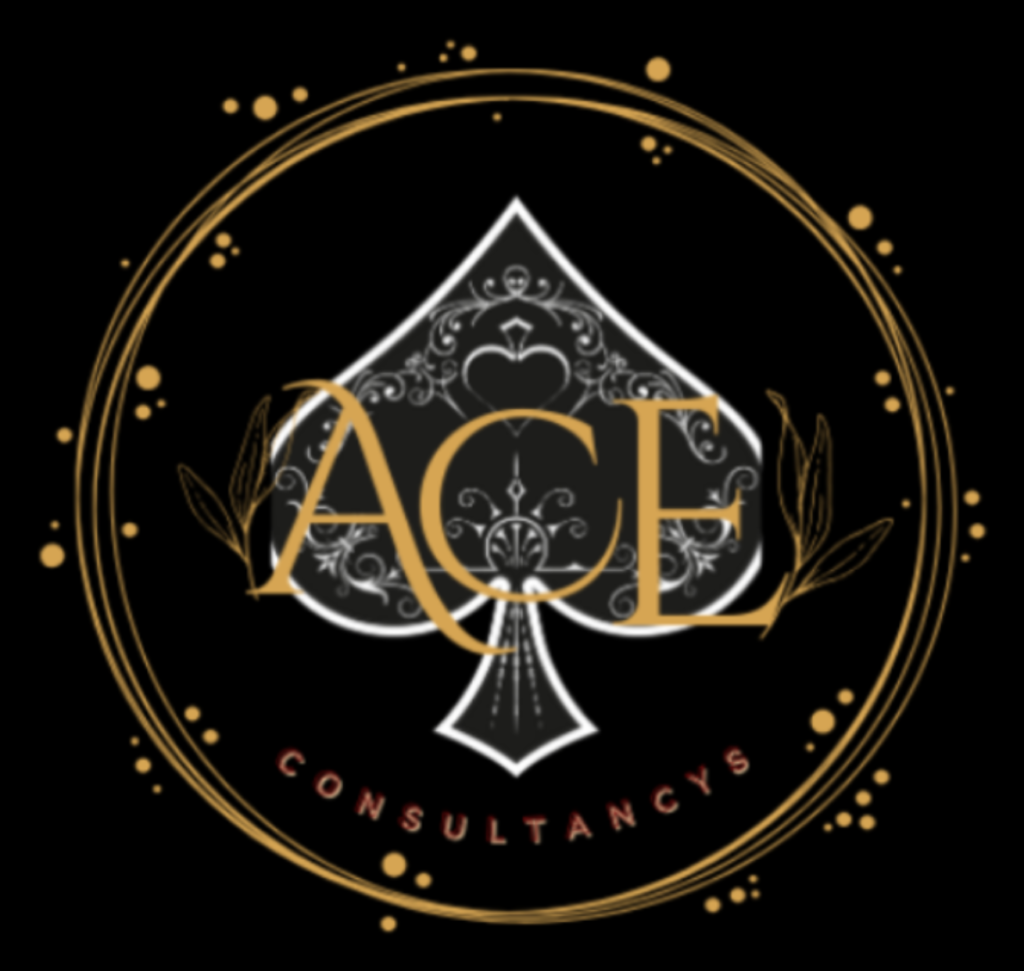Introduction
In today’s competitive business landscape, effective sales training has become a critical factor in determining organizational success. Among the various methodologies available, role-playing in sales training has emerged as a powerful tool that bridges the gap between theoretical knowledge and practical application. This immersive approach allows sales professionals to practice their skills in a controlled environment before facing real customers. According to research by Corporate Visions, companies that incorporate role-playing in their sales training programs see a 20% higher achievement of quota compared to those who don’t. This article delves into the transformative role of role-playing in sales training, examining how this technique prepares sales teams for success in the field.
The Psychology Behind Role-Playing in Sales Training
Role-playing taps into fundamental aspects of human learning psychology. By simulating real-world scenarios, sales professionals can experience the emotional and intellectual challenges they’ll face with actual customers. This form of experiential learning creates stronger neural pathways than passive learning methods. A study published in the Journal of Applied Psychology found that information retention rates increase by 75% when learners actively practice through role-playing compared to traditional lecture-based training. The brain processes role-playing experiences as genuine interactions, triggering the same cognitive and emotional responses that occur during actual sales conversations.
The power of role-playing lies in its ability to create a safe space for failure. Sales professionals can experiment with different approaches, make mistakes, and receive immediate feedback without the risk of losing real customers or damaging the company’s reputation. This psychological safety enables deeper learning and greater willingness to step outside comfort zones.
Building Confidence Through Structured Practice
One of the most significant benefits of role-playing in sales training is the confidence it builds in sales teams. Research by Salesforce indicates that sales representatives who regularly participate in role-playing exercises report 35% higher self-confidence levels when approaching complex sales situations. This confidence translates directly to performance, as customers quickly sense hesitation or uncertainty in sales interactions.
Role-playing scenarios should gradually increase in complexity, allowing sales professionals to build competence progressively. Beginning with simple product demonstrations and advancing to handling difficult objections or negotiating with tough customers provides a structured pathway to mastery. Sales managers can customize role-playing scenarios to address specific challenges their teams face, whether it’s explaining technical products, overcoming price objections, or navigating complex buying committees.
Creating Authentic Role-Playing Scenarios
The effectiveness of role-playing in sales training depends largely on the authenticity of the scenarios. Generic situations yield generic results, while carefully crafted scenarios based on real customer interactions drive meaningful improvements. According to research by CSO Insights, organizations that create role-playing scenarios based on actual customer data see 17% higher win rates than those using hypothetical situations.
To create authentic role-playing scenarios, sales trainers should:
- Incorporate actual customer language and objections from recorded calls or feedback
- Simulate the specific industry challenges your customers face
- Include realistic time constraints that sales representatives encounter
- Introduce unexpected obstacles that mimic real-world sales situations
When role-playing mirrors the complexity and unpredictability of genuine sales interactions, sales professionals develop adaptability—a crucial skill in today’s rapidly changing market conditions.
The Role of Feedback in Effective Role-Playing
Role-playing without structured feedback is merely practice without purpose. The feedback loop transforms role-playing from a simple exercise into a powerful development tool. A comprehensive study by Richardson Sales Performance found that sales teams receiving detailed feedback after role-playing exercises improved their performance metrics by 43% compared to those who received minimal or no feedback.
Effective feedback in role-playing contexts should balance positive reinforcement with constructive criticism. Sales managers should highlight what went well while providing specific guidance on areas for improvement. Video recording role-playing sessions allows participants to see themselves in action, often revealing behaviors or patterns they weren’t aware of. Peer feedback adds another valuable dimension, as fellow sales professionals often notice different aspects of the interaction than managers.
Technology’s Impact on Role-Playing in Sales Training
The digital transformation has revolutionized how organizations implement role-playing in sales training. Virtual role-playing platforms now allow geographically dispersed teams to practice together without travel costs. According to Training Industry research, companies using digital role-playing tools report a 28% reduction in training costs while maintaining or improving effectiveness.
Advanced technologies like artificial intelligence are further enhancing role-playing experiences. AI-powered role-playing partners can simulate different customer personalities, respond to salesperson statements in realistic ways, and provide instant analytics on performance. These technologies enable more frequent practice opportunities and create a consistent training experience across the organization.
Measuring the ROI of Role-Playing in Sales Training
Like any training initiative, role-playing must demonstrate tangible returns to justify its continued use. Fortunately, the evidence strongly supports its value. A study by the Sales Management Association found that companies with regular role-playing as part of their sales training achieved 12% higher revenue growth compared to those without structured practice programs.
To measure role-playing’s effectiveness, organizations should track key performance indicators before and after implementation. These might include conversion rates, deal cycle length, average deal size, and customer satisfaction scores. Qualitative feedback from sales professionals about their confidence and preparedness provides additional insight into role-playing’s impact.
Conclusion
The role of role-playing in sales training extends far beyond simple practice exercises. When implemented strategically, role-playing creates more confident, adaptable, and effective sales professionals who can navigate today’s complex selling environments. By combining authentic scenarios, structured feedback, and emerging technologies, organizations can maximize the impact of role-playing on sales performance.
As markets continue to evolve and buyer expectations increase, the organizations that commit to experiential learning through role-playing will maintain a competitive edge. Sales professionals trained through immersive role-playing don’t just understand sales theory—they embody the skills, behaviors, and mindsets needed for success in real-world selling situations. For any sales organization serious about performance improvement, implementing robust role-playing in sales training represents one of the highest-return investments available.
What role does role-playing play in your organization’s sales training program? We’d love to hear about your experiences and results in the comments below. If you found this article valuable, please share it with your network on social media to help others improve their sales training approaches.
FAQ
1. How often should sales teams engage in role-playing exercises? Most successful organizations implement weekly role-playing sessions for optimal skill development without overwhelming their teams.
2. Can role-playing help experienced salespeople, or is it just for newcomers? Role-playing benefits sales professionals at all experience levels by keeping skills sharp and adapting to changing market conditions.
3. What’s the ideal group size for role-playing exercises? Groups of 3-4 people work best—one acting as salesperson, one as customer, and others providing feedback.
4. Should role-plays be scripted or improvised? A blend works best—provide scenario outlines with key objectives while allowing natural conversation to develop.
5. How should managers handle reluctant participants? Start with low-pressure scenarios and provide positive reinforcement to build confidence gradually.
Read More : https://aceconsultancys.com/art-of-authentic-cold-calling/








